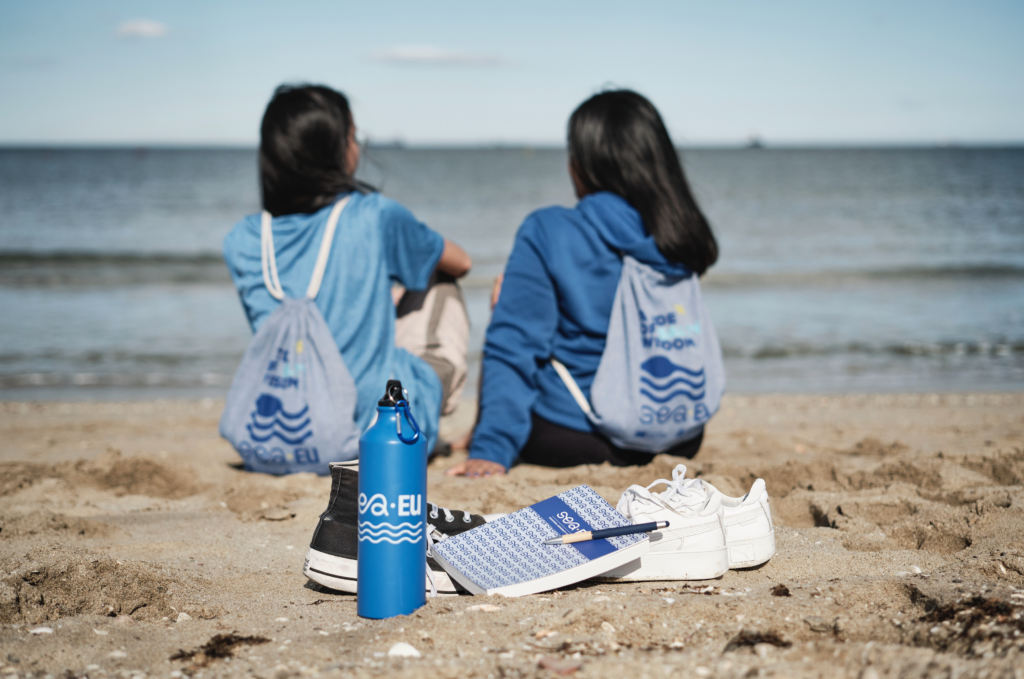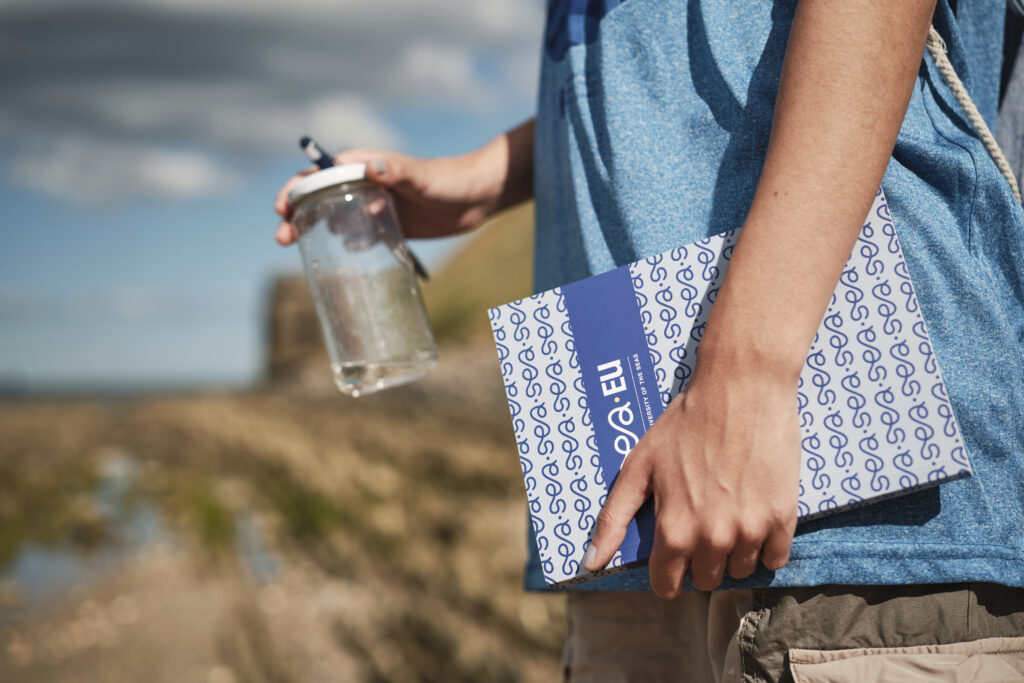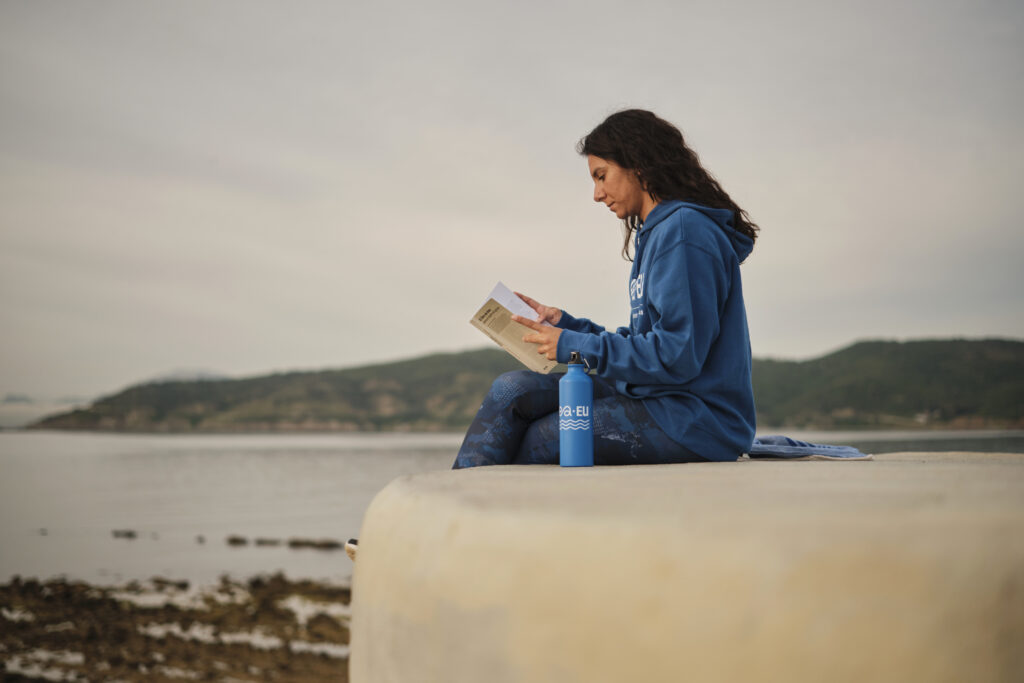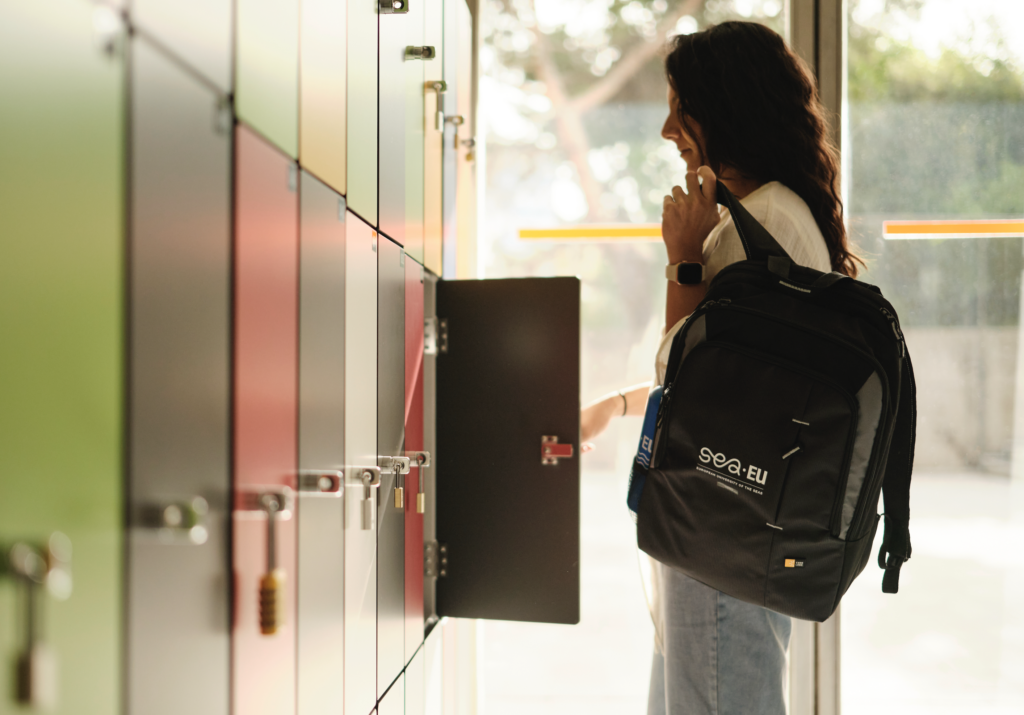SEA-EU Joint Bachelor: SeaBluE
Navigating Marine Innovation for a Sustainable Tomorrow
Dive into the future of sustainability with the Joint Bachelor in Sustainable Blue Economy (SeaBluE). This program equips you with the knowledge to address critical challenges like marine pollution, overfishing, and climate change. Study at multiple coastal universities, develop adaptive and transferable skills, and gain a holistic understanding of marine ecosystems and economic growth. Become a leader in sectors such as marine conservation, sustainable fisheries, and maritime policy. Your journey toward a sustainable future begins here.
As a SEA-EU Joint Programme, SeaBluE is part of a transnational educational initiative that integrates the expertise, resources, and infrastructures of 7 SEA-EU universities, providing students with a truly European and interdisciplinary academic experience.
>>SeaBluE FLYER
SeaBluE is a three-year programme, fully taught in English, structured as follows:
- Y1. Semester 1&2: Core Module (60 ECTS)
- Y2. Semester 3&4: Tool Module (60 ECTS)
- Y3. Semester 5&6: Expertise Module (60 ECTS) Choose your pathway:
- Pathway 1. Blue Sustainability Accounting, Management and Planning (UPN/UG)
- Pathway 2. Conservation and Sustainable Use of Marine Resources (UG)
- Pathway 3. Human Impact in the Arctic (NORD)
- Pathway 4. Sustainable Port-Tourism Cities (UNIST)
- Pathway 5. Blue Management: Accounting, Conservation and Restoration (UCA)
- Pathway 6. Blue Industries: Tourism and Seafood (UAlg/UCA)
- Bachelor Project
- Option 1. Research oriented
Research bachelor project (15 ECTS) - Option 2. Professionally oriented
Internship (10 ECTS) + Bachelor project (5 ECTS)
- Option 1. Research oriented
ADMISSION REQUIREMENTS (click to see all the mandatory documents)
- Recent photograph.
- Copy of a valid ID document.
- Copy of degree or certificate of secondary education.
- Copy of transcript of degree or secondary education academic records.
- Copy of B1 (CEFR) English Level.
- Motivation video explaining their interest in the programme and their career goals related to the sustainable blue economy.
Diploma requirements . For admission to the programme the following diploma requirements apply:
a. A certificate of secondary education or International Baccalaureate awarded by a Member State of the European Union, provided that the student can be admitted in that Member State to a programme equivalent to the Joint Bachelor’s degree on Sustainable Blue Economy.
b. A certificate of secondary education and of the University Entrance Exam Scores awarded by a Member State of the European Union, provided that the student requires in that Member State such an entrance certificate for admission to an equivalent programme to the Joint Bachelor’s degree in Sustainable Blue Economy.
c. A degree of higher education awarded within the European Union.
d. A degree or certificate awarded within the European Union which, pursuant to a law, decree or European guideline or another international agreement is deemed equivalent to the certificates mentioned in the three foregoing categories.
e. In addition to this, the programme may admit applicants who have obtained a degree or certificate in:
i. A State outside the European Union, or
ii. A Member State of the European Union if the degree is not deemed equivalent within the meaning of section d.
Such admission shall only be possible on the condition that such degree or certificate gives access to the bachelor’s programme in the State where it has been awarded, and on the condition that the degree or certificate in question has been authenticated.
Legalisation of documents issued outside Europe.
a) Documents issued in countries signatory to The Hague Convention of 5 October 1961 need only be stamped with the Apostille of The Hague by the relevant authorities in the country of issue.
b) Documents issued in all other countries must be duly legalised. Legalisation services are provided by:
i. The Ministry of Education of the student’s home country, for degree certificates and transcripts, and the relevant Ministry of the home country for birth certificates and certificates of nationality.
ii. The Ministry of Foreign Affairs of the country in which the documents were issued.
Official Translation of documents issued outside Europe. Diplomas and transcripts of records, and other official records, issued outside Europe should be officially translated into English by a Certified Translator. The translation should include all relevant seals, signatures, and stamps from the original documents. The translator should provide a certification statement attesting to the accuracy of the translation.

SeaBluE
This document provides an overview of the programme’s main objectives and course structure, as well as the current regulations regarding the academic courses, internships, and the Bachelor’s Project.

SEA-EU
LEARN MORE ABOUT THE ALLIANCE
SeaBluE is offered by SEA-EU, an Alliance of 9 European Universities shaping the future of Higher Education.

SeaBluE
APPLY NOW!
Apply now and become a key player in the future of port management and logistics
Frequently Asked Questions (FAQ)
About the Programme
What are SEA-EU joint programmes?
Which universities are involved in SeaBluE?
The five Universities that have co-created the master programme are:
University of Cadiz (Spain). Coordinating institution
University of Split (Croatia)
University of Gdansk (Poland)
University of Malta (Malta)
University of Algarve (Portugal)
NORD University (Norway)
Parthenope Naples (Italy)
Is SeaBluE accredited in all SEA-EU countries?
What is the difference between a joint degree and a double degree?
Admissions & Requirements
Academic requirements for enrolment
a) Legalisation is not required in the case of students whose documents were issued by countries in the European Union or members of the European Economic Area.
b) All other students must observe the following conditions:
Documents issued in countries signatory to The Hague Convention of 5 October 1961 need only be stamped with the Apostille of The Hague by the relevant authorities in the country of issue.
Documents issued in all other countries must be duly legalised.
Legalisation services are provided by:
The Ministry of Education of the student’s home country, for degree certificates and transcripts, and the relevant Ministry of the home country for birth certificates and certificates of nationality.
The Ministry of Foreign Affairs of the country in which the documents were issued.
Required Documents
Recent Photograph
(Photographs serve an identification purpose. Therefore, “selfies,” casual photos, or any other photos that do not meet the formal requirements of official documents will NOT be accepted.)Scanned copy of a valid Passport/ID Card document
Scanned copy of Degree or Certificate of Secondary Education
Scanned copy of Transcript of Degree or Certificate of Secondary Education
Scanned copy of B1 (CEFR) English Level Certificate
Motivation Video
(Explaining your interest in the programme and your career goals related to the Sustainable Blue Economy.)
Do I need to take a language test? What level is required?
To be admitted you are required to submit a certificate demonstrating your proficiency in English. The programme mandates a minimum English proficiency of B1 level according to the Common European Framework of Reference for Languages (CEFR), unless English is your native language.
How do I apply, and what are the deadlines?
See the handbook to check application procedure.
Can I apply if I am not currently studying at a SEA-EU university?
Yes, applications are open to students from outside SEA-EU.
Mobility & Programme Structure
Is it mandatory to study at multiple universities?
Yes, SEA-EU joint programmes involve studying at two or more partner universities, ensuring an international and multidisciplinary education.
How are the courses structured in a joint programme?
Courses are co-designed by partner universities, combining in-person, online, and hybrid learning formats.
Are the courses taught in English or other languages?
SEA-EU joint programmes are taught in English.
What kind of support is provided for student mobility?
SEA-EU universities offer guidance on visas, accommodation, and integration into the host university. Scholarships and mobility grants may be available.
Costs & Scholarships
How much does it cost?
SeaBluE costs 1.500€ per year (including: International Health Insurance, Student Card, …)
Are scholarships or financial aid available?
Various funding options are available. Check the handbook to see options.
Do students have to pay tuition fees at all universities they study at?
Students pay tuition fees at the coordinating university only: University of Cadiz.
Degree & Recognition
What degree will I receive upon graduation?
Students will receive a joint diploma issued by all participating universities.
Is my degree recognized in all SEA-EU countries?
Yes, SEA-EU joint degrees are fully accredited and recognized in all partner universities’ countries.
Can I work in any EU country with this degree?
Yes, the degree is recognized across the European Union, enabling graduates to pursue professional careers in different countries.
Career Opportunities
What are the career advantages of studying a joint programme?
SEA-EU joint degrees enhance employability by providing international experience, interdisciplinary knowledge, and a strong European network. Employers value graduates with global perspectives and adaptability.
Some examples are:
Marine Conservationist, Fisheries Manager, Marine Ecotourism Manager, Aquaculture Manager, Oceanographer, Renewable Energy Specialist…
See the handbook for more examples.
Do these programmes include internships or work placements?
Yes. Year 3 includes an option with an international internship.
SBE402-P6. Option 2. Professionally oriented
Internship
+
Bachelor project
More information?
jointprmanager@sea-eu.org
Joint Bachelor in Sustainable Blue Economy
Dive into the future of sustainability with the Joint Bachelor in Sustainable Blue Economy (SeaBluE). This program equips you with the knowledge to address critical challenges like marine pollution, overfishing, and climate change. Study at multiple coastal universities, develop adaptive and transferable skills, and gain a holistic understanding of marine ecosystems and economic growth. Become a leader in sectors such as marine conservation, sustainable fisheries, and maritime policy. Your journey toward a sustainable future begins here.

